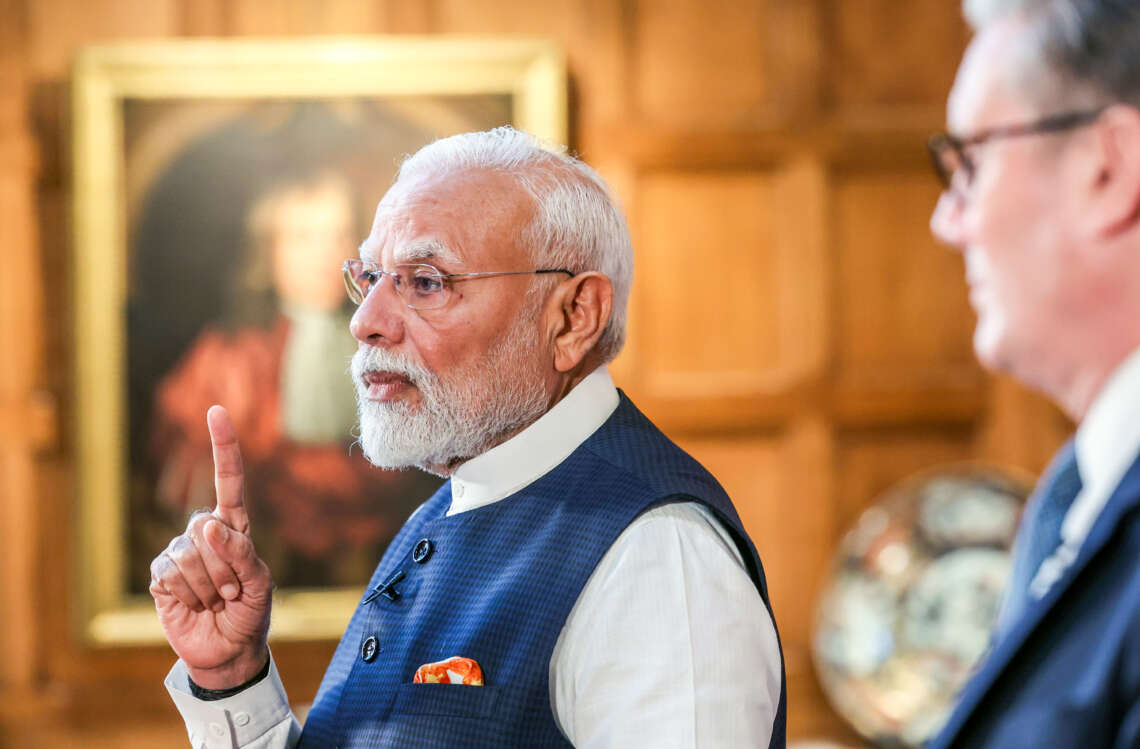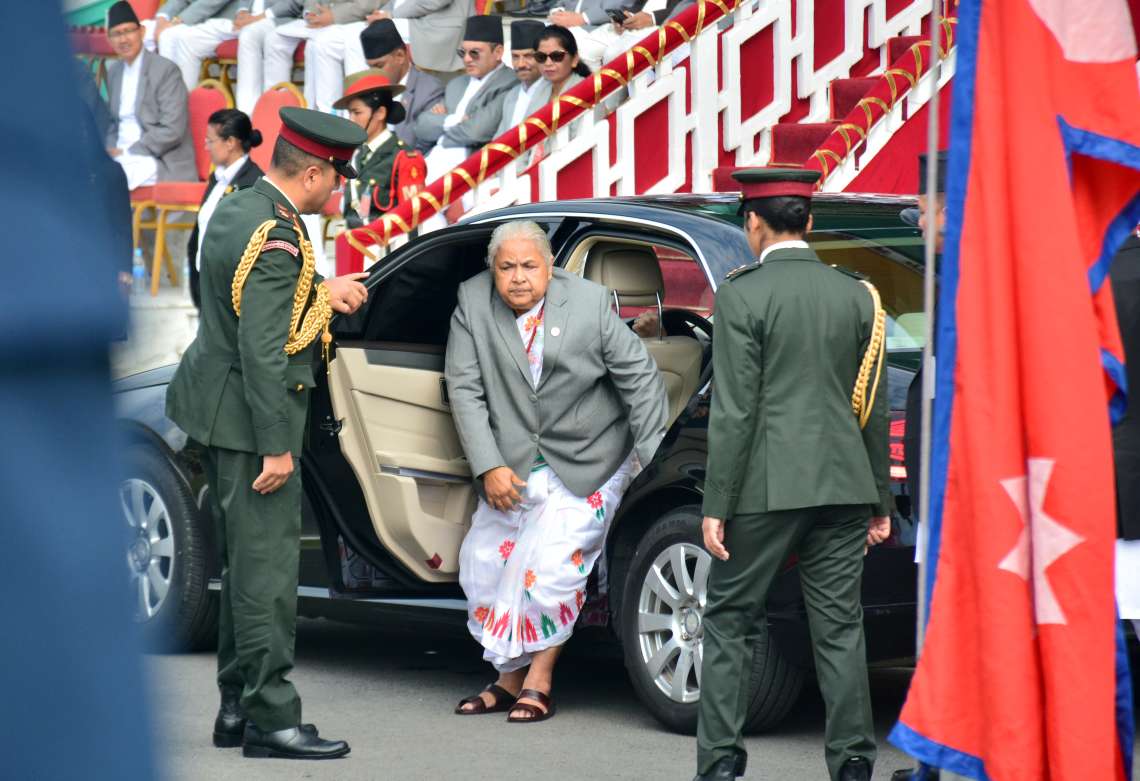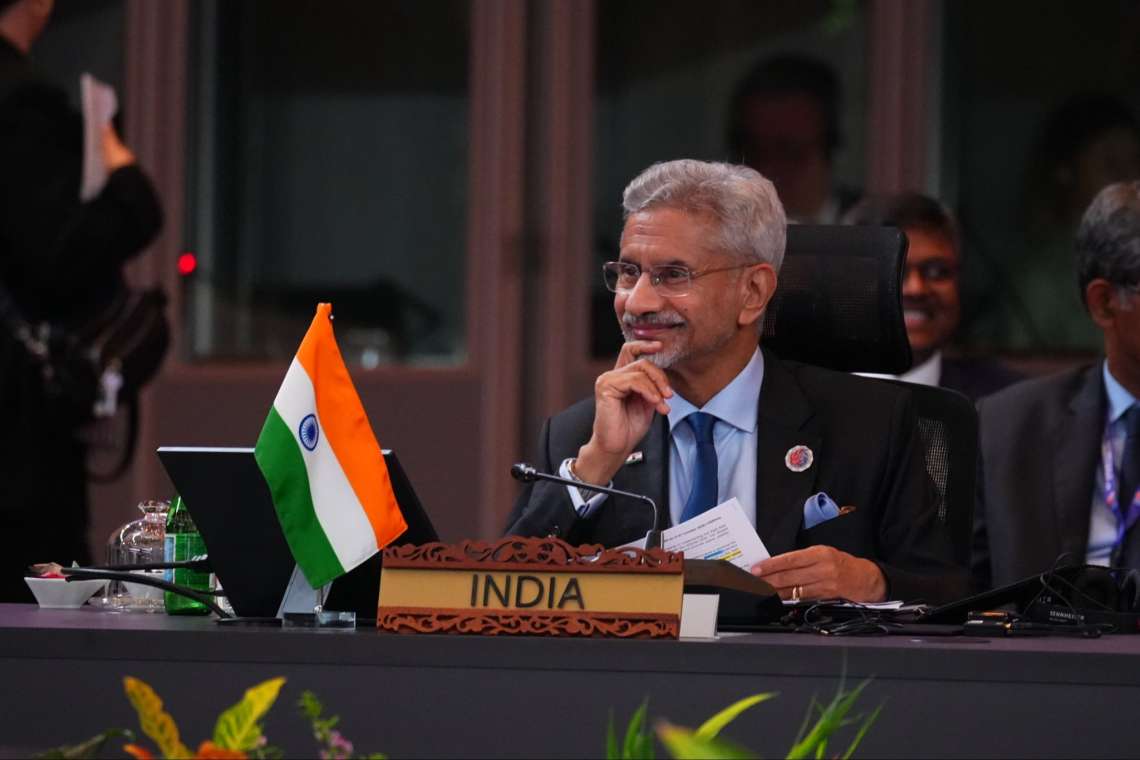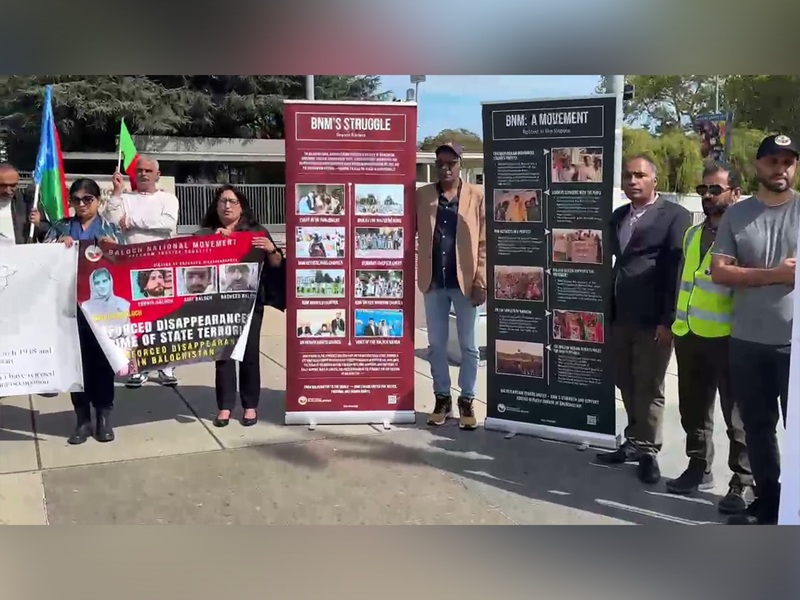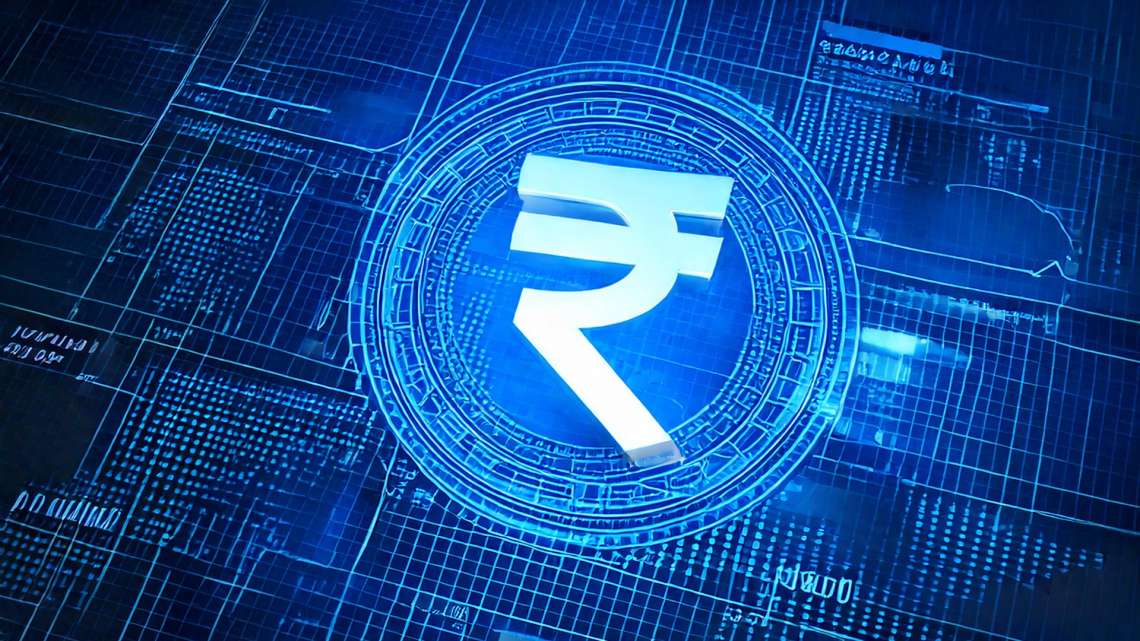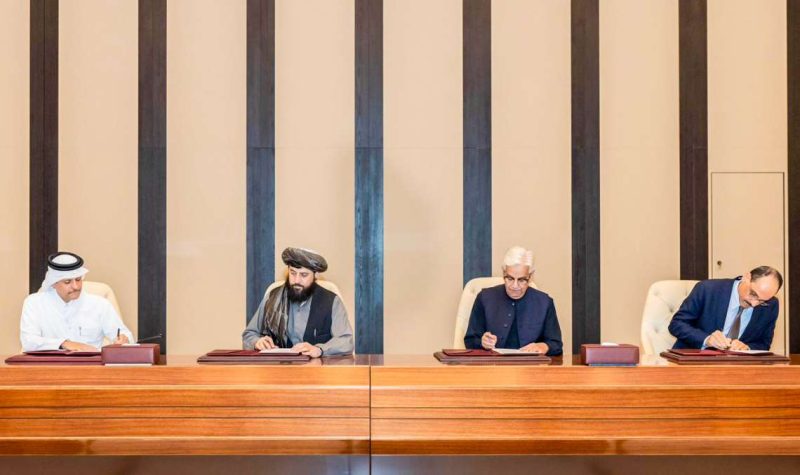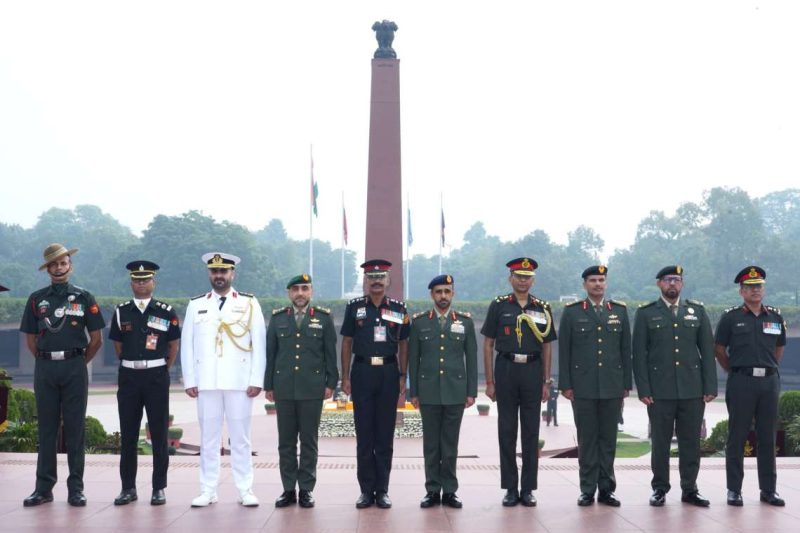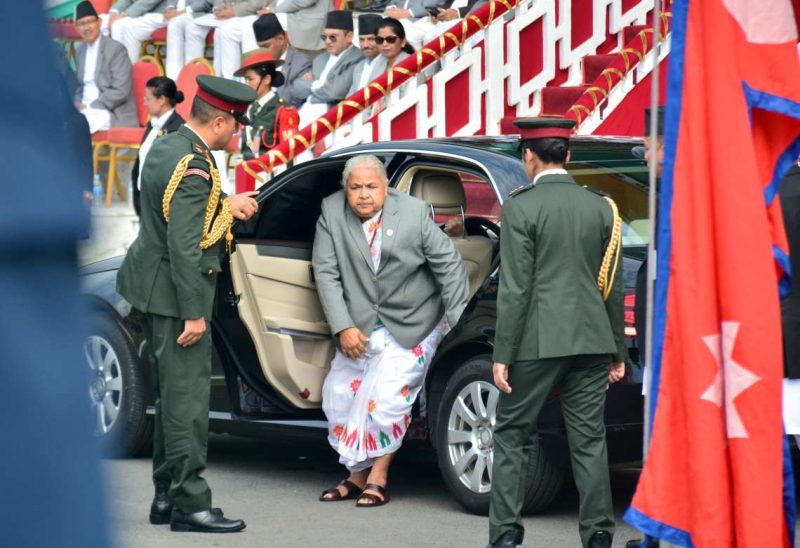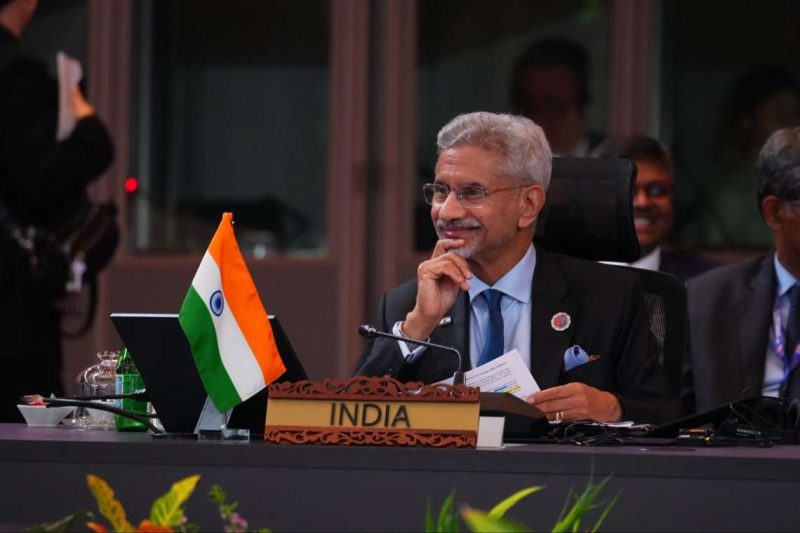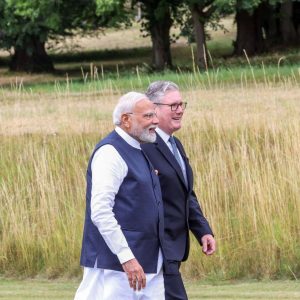Modi had publicly welcomed the Pact of the Future’s inclusion of UNSC reform and described that development as a “good beginning
The push for UN Security Council (UNSC) reform dominating this year’s UN General Assembly (UNGA) discussions is largely credited to the persistent efforts of the Global South, spearheaded by Prime Minister Narendra Modi.
“The Security Council has a composition that doesn’t correspond to the world today. It corresponds to the world of 1945. And that creates not only a problem of legitimacy, but a problem of efficiency,” said UN Secretary-General Antonio Guterres at a media briefing in New York at a time when many in India were applying finishing touches at several events to celebrate Modi’s birthday.
Guterres’ words echo parts of the Prime Minister’s statement at the UNGA last year.
“The success of Humanity lies in our collective strength, not on the battlefield. And for global peace and development, reforms in global institutions are essential. Reform is the key to relevance!” stated the Prime Minister at the UN ‘Summit of the Future’ on September 23, 2024.
“Permanent membership of the G20 to the African Union at the New Delhi Summit was an important step in this direction,” he pointed out.
The Pact of the Future, a multilateral agreement adopted at the 2024 Summit, sets out commitments to reform global governance, strengthen sustainable development, advance climate action, and bolster multilateral cooperation through concrete follow‑up mechanisms.
For the first time in any summit document, it included a detailed paragraph calling for UNSC reform, urging enlarged and more representative membership and launching text‑based negotiations on reform proposals within a defined timeframe.
The Pact also annexed a Global Digital Compact and a Declaration on Future Generations, and established review deadlines for these instruments to ensure accountability and continued negotiation (reviews in 2027 and 2028).
The agreement emphasised addressing historical injustices (with special reference to Africa), reducing inequalities in science and technology, and reforming international financial architecture to give developing countries greater representation.
Modi had publicly welcomed the Pact of the Future’s inclusion of UNSC reform and described that development as a “good beginning,” signalling India’s support for launching text‑based negotiations on reform within a defined timeframe.
India, under Modi, used the Pact’s language to press longstanding national objectives — notably greater representativeness of the UNSC and a permanent seat for India — framing these demands as part of a broader push for a more equitable and effective international order.
“Asia, with 60 per cent of the world’s population, has only one permanent member — China. The third-, fourth-, and fifth-largest economies in the world (Germany, India, and Japan) are not permanently represented,” said an ORF America comment on ‘The Urgent Need for UN Security Council Reform’ earlier this year.
“Africa, home to 25 per cent of UN members, has zero permanent UNSC members despite Africa being the subject of about 60 per cent of UNSC resolutions. UN member states are increasingly turning to alternative multilateral and regional bodies, such as the G20, G7, BRICS-plus, the Quad, and the African Union, to address multilateral challenges,” it added.
The reform may take some time to materialize, and it is yet to be seen what comes out of the 80th session of the UNGA in New York.
But for Modi at 75, he still has promises to keep and miles to tread before he can afford a break.


